The Great AI Bait-and-Switch
The First Hit’s Free. The Bill Comes Later.
If something is free, you're not the customer. You're the product. —Bruce Schneier
If a deal looks too good to be true, it probably is. —Michael Douglas
Above: Genius is a hell of a drug.
The one and only Mary Meeker and her team at Bond Capital just released a 340-page AI trends report.
It’s not only a monster, but also a mirror: reflecting the speed at which artificial intelligence is seeping into code, cognition, and everything in between
Though it is worth a very careful read through, below are a few slides that jumped out and hit me right in the mouth:
AI adoption growing rapidly (>200% rise in daily AI app usage)
Google processing 50x more tokens year-over-year (480 trillion vs 9.7 trillion)
Each stat is gobsmacking. But the last three land the gut punch.
Specialized AI startups achieving hypergrowth: Cursor (code editor) went from $1MM to $300MM ARR in 25 months.
Microsoft's AI business hit $13B annual run rate, up 175% YoY - showing real enterprise monetization beginning.
ChatGPT revenue has grown 10x+ annually to $3.7B
Those numbers are as impressive as they are terrifying.
Why?
Because if you’ve seen how this story ends in other industries, you know exactly what’s coming next.
Follow the Money
As Deep Throat whispered in 1976: Follow the money.
Let’s connect the dots.
Tech execs have a long and peculiar track record of shielding their families from the very products they build:
Steve Jobs limited how much technology their kids used at home. Even after the iPad's release, his children had not used it, and family dinners were strictly device-free
Bill Gates banned smartphones for his children until age 14
Sundar Pichai’s son didn’t own a phone in middle school
Evan Spiegel caps his kids’ screen time at 1.5 hours per week
Why? Because the people closest to the drug know just how addictive it is.
And yet here we are, enthusiastically getting high on our own supply: using AI to write emails, plan meetings, brainstorm essays, generate art, decide what to eat, and more.
As I wrote in my eulogy for white collar workers:
First, software ate the world.
To paraphrase Marc Andreessen, “[M]any of the prominent new Internet companies [have] real, high-growth, high-margin, highly defensible businesses.” This handful of bi and trisyllabic companies came onto the scene with a bang.
Now, artificial intelligence is devouring everything with nary a whimper. It is death by a thousand LLMs.
I fear that what Google Maps did to our sense of direction, AI will do to our capacity for original thought.
Microsoft’s research on The Impact of Generative AI on Critical Thinking lends credence to this idea:
In a survey of 319 knowledge workers to investigate 1) when and how they perceive the enaction of critical thinking when using GenAI, and 2) when and why GenAI affects their effort to do so. Participants shared 936 first-hand examples of using GenAI in work tasks…Specifically, higher confidence in GenAI is associated with less critical thinking, while higher self-confidence is associated with more critical thinking. Qualitatively, GenAI shifts the nature of critical thinking toward information verification, response integration, and task stewardship.
What happens when the common man/woman can no longer afford the AI tools they’ve become addicted to?
Withdrawal. And in this case, withdrawal will feel like cognitive amputation.
It will feel, in short, like Flowers for Algernon or Common People in reverse: a society that handed out genius on a subscription plan—only to revoke it when the trial ends.
We trained the machines to think.
Then we let them think for us.
When the tab comes due, we may find we’ve forgotten how to pick up the pen.
Bad things happen when cheap becomes essential and essential becomes expensive:
The Food Delivery Subsidy Scheme
DoorDash and Uber Eats now control 90%+ of U.S. food delivery
Their market share was bought with venture money—free deliveries, coupons, burn-baby-burn tactics
Then came the price hikes: delivery fees, service charges, inflated menu pricing, and more
DoorDash only became profitable in 2024, after years of mounting losses.
Uber didn’t hit positive cash flow until over a decade in.
Now, customers pay more for worse service and restaurants are hit with 30% commissions.
Sound familiar?
The APR Trap: Credit Card Delinquencies
Intro offers lure you in with 0% interest or reward perks or constantly-devalued points
But by Q1 2025, 12.3% of credit card balances were 90+ days delinquent—the worst since 2011
Among consumers under 30, serious credit card delinquencies reached 10.3%, a 4.4% increase from 2024
Americans have an absolute mountain of credit card debt—$1.182 trillion, to be exact—and the average APR on new credit cards hit 24.28% in early 2025. It’s the bait-and-switch playbook, just financialized.
Student Loans: From Pause to Pain
During COVID, payments paused. Relief!
But when the pause ended in 2023, delinquency rates jumped from <1% to nearly 8%
2.2 million Americans saw their credit scores drop by over 100 points in just three months
Temporary relief leads to long-term reckoning. Especially when we get used to free or cheap.
AI Is Following the Same Script
VCs are subsidizing access to ChatGPT, Claude, Perplexity, and more. Generous free tiers, beta invites, and workplace integrations make this the golden hour.
But it won’t last.
Training large models like GPT-4 costs, to put it technically, beaucoup bucks. Data centers and Nvidia chips don’t come cheap. And these companies need oxygen to fan their respective flames.
Expect:
Shrinking free tiers
Higher monthly costs
Usage-based pricing
Walled-off features
Declining quality after consolidation
The rug pull will be slow. Like bankruptcy, it will happen gradually and then all at once.
But it will come; it always does.
The Slow Rug Pull Playbook
VC money floods in
Prices stay low to fuel adoption
Users get hooked
Competitors die off
Costs quietly rise
Consumers are trapped
As my good friend and talented investor Helen Min aptly put it: “VC-subsidized stuff works if you’ve weaned yourself off by the time the subsidy stops.”
We are building our future minds on borrowed money and the interest is coming due.
Caveat emptor.
So enjoy your free AI for now. Use it, learn it, marvel at it.
But don’t let this crutch become your prosthetic or write checks with your mind that your future self may not be able to cash.
Because one day soon, you may be asked to pick up a tab that is far, far too steep.
All that said, this isn’t humanity’s first rodeo.
Prometheus gave us fire.
Edison gave us light.
And every new tool has forced us to reckon with what it means to be human.
The more things change, the more they stay the same. That includes the indomitability of the human spirit
I leave you with Mary Meeker’s words from Slide 339:
One thing is certain – it’s gametime for AI, and it’s only getting more intense…and the genie is not going back in the bottle.
Per my about page, White Noise is a work of experimentation. I view it as a sort of thinking aloud, a stress testing of my nascent ideas. Through it, I hope to sharpen my opinions against the whetstone of other people’s feedback, commentary, and input.
If you want to discuss any of the ideas or musings mentioned above or have any books, papers, or links that you think would be interesting to share on a future edition of White Noise, please reach out to me by replying to this email or following me on Twitter X.
With sincere gratitude,
Tom


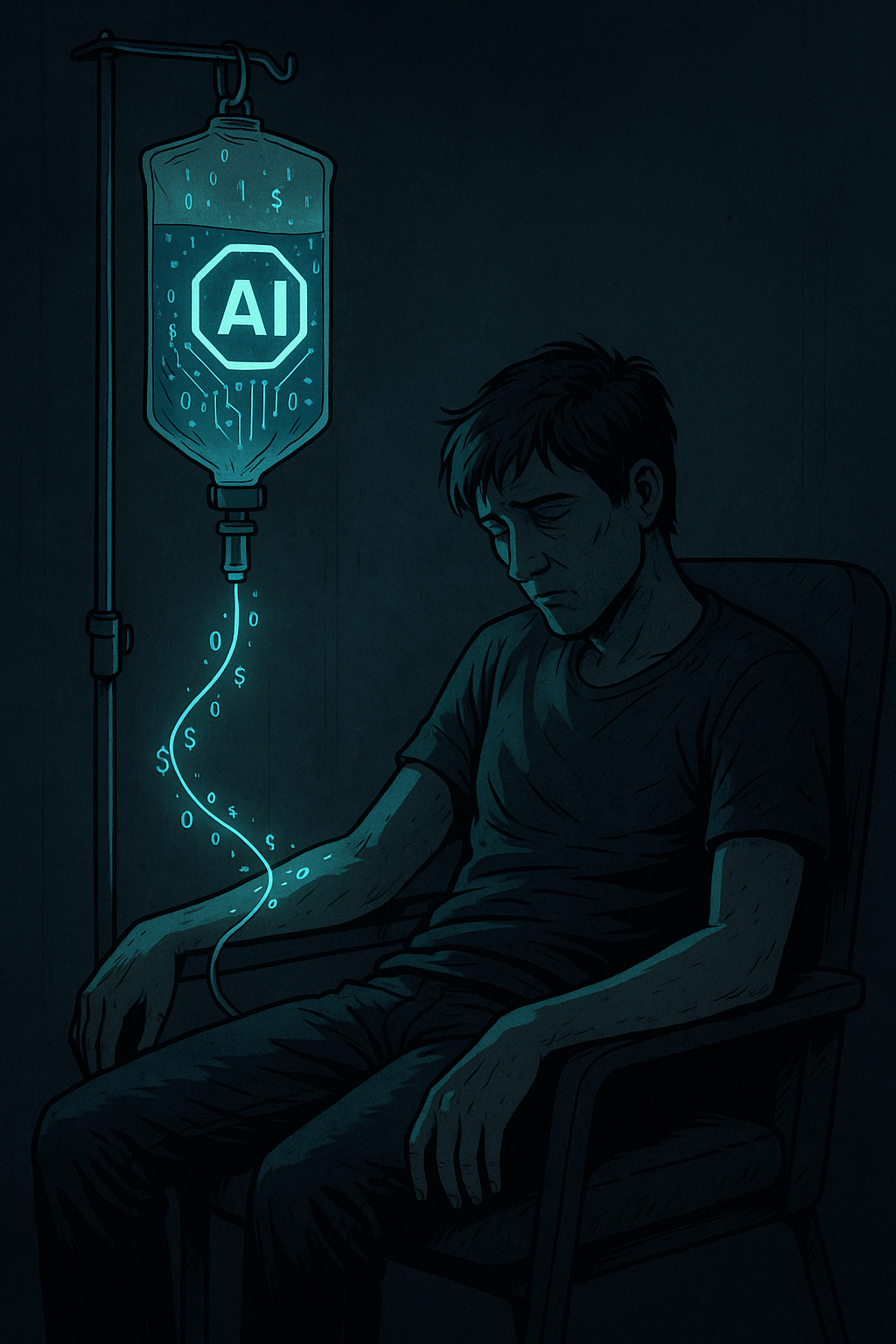
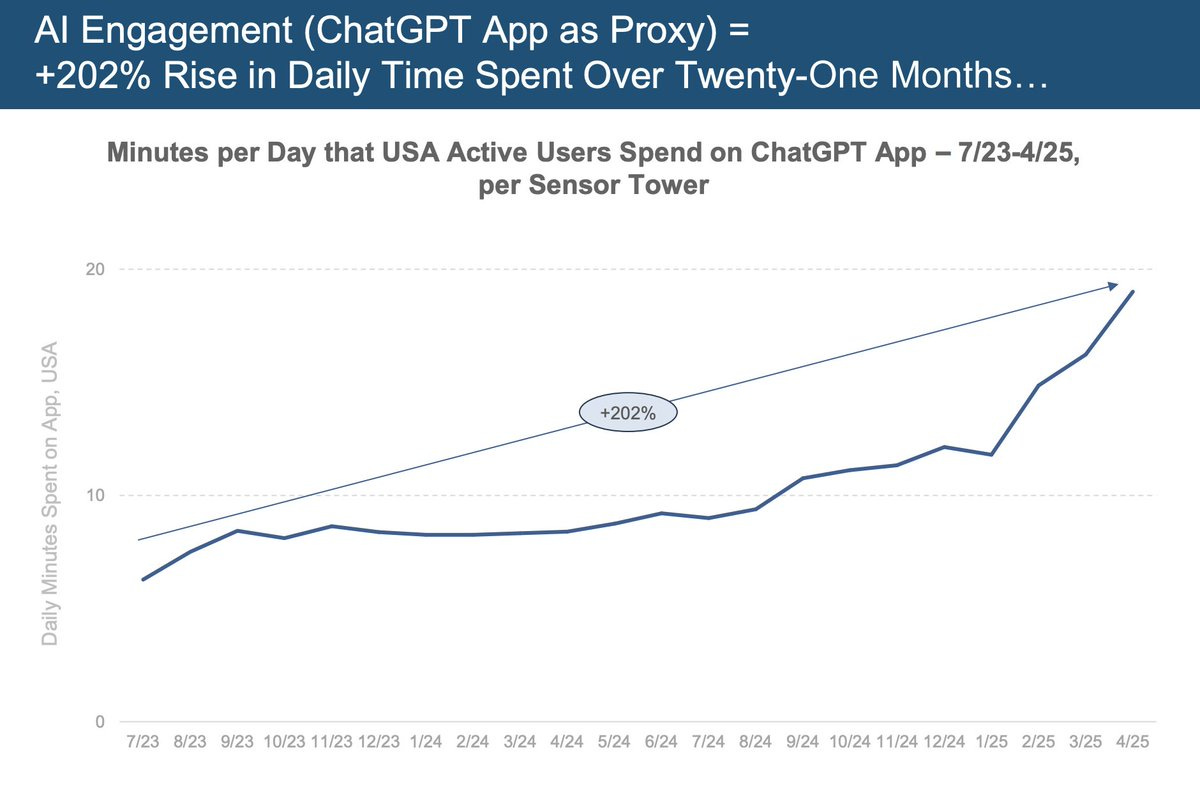
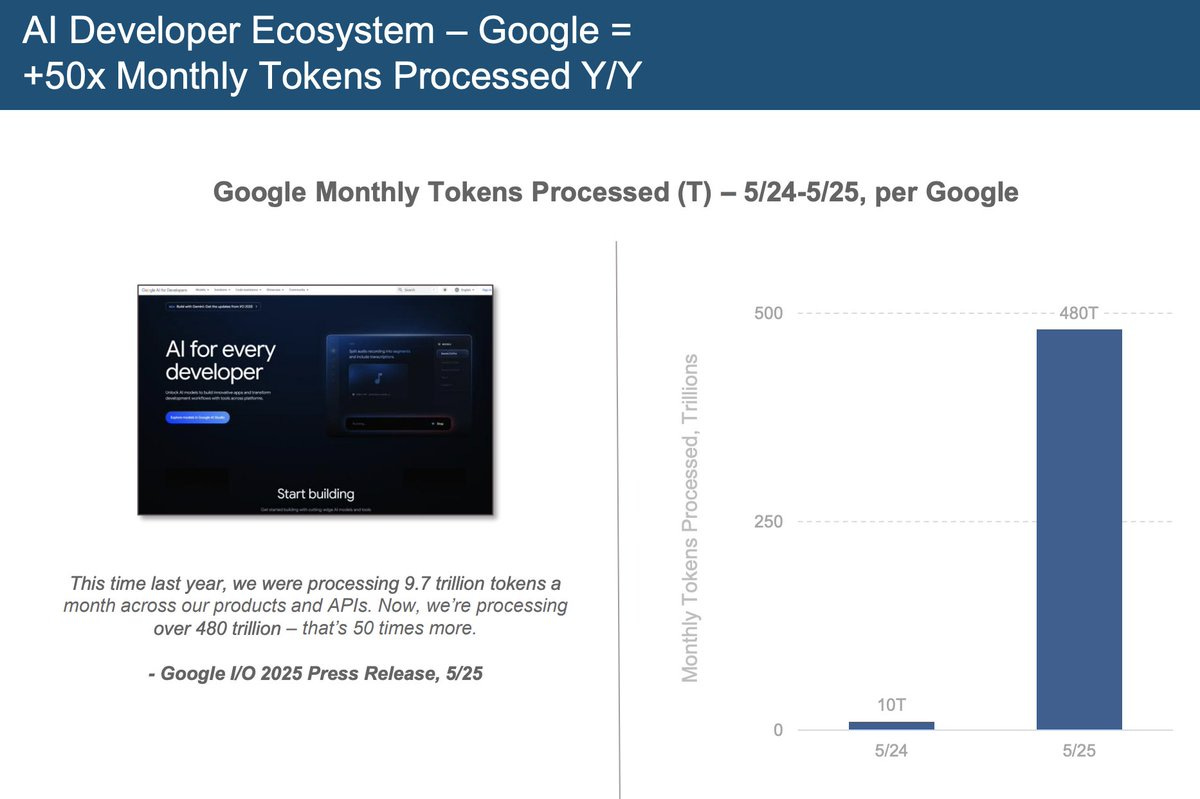

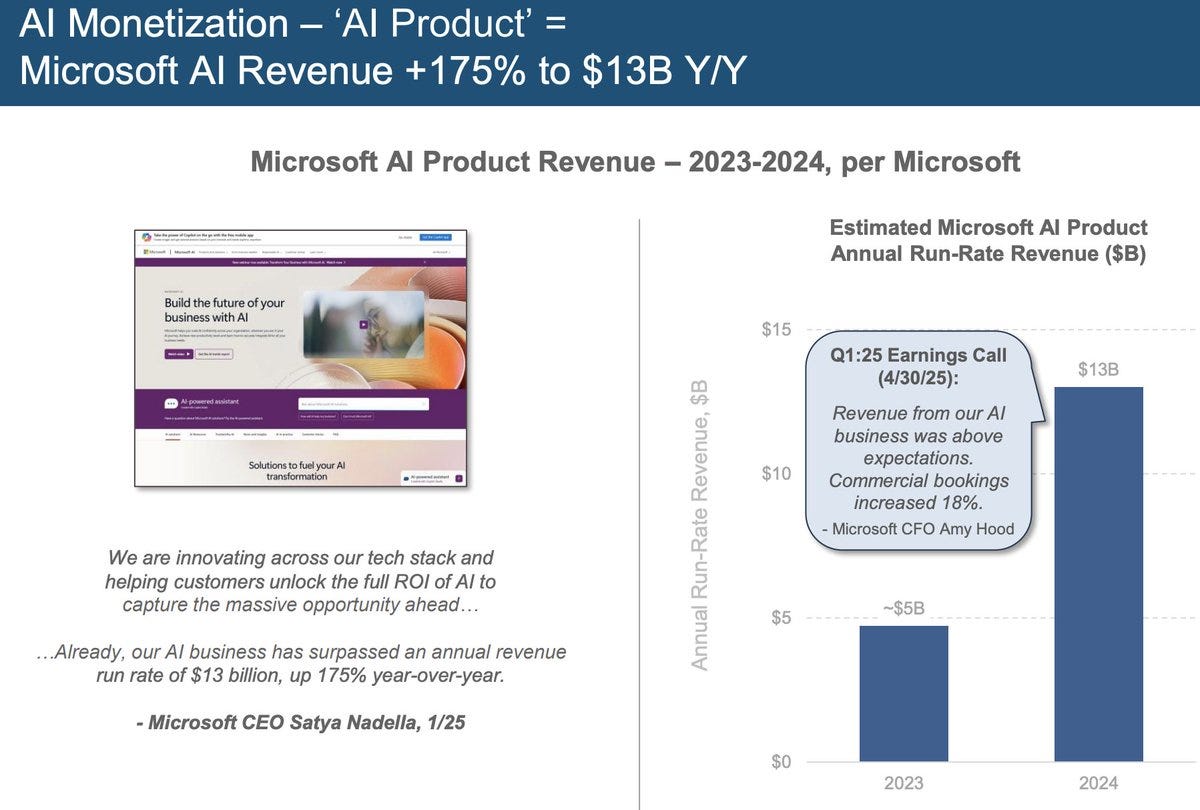
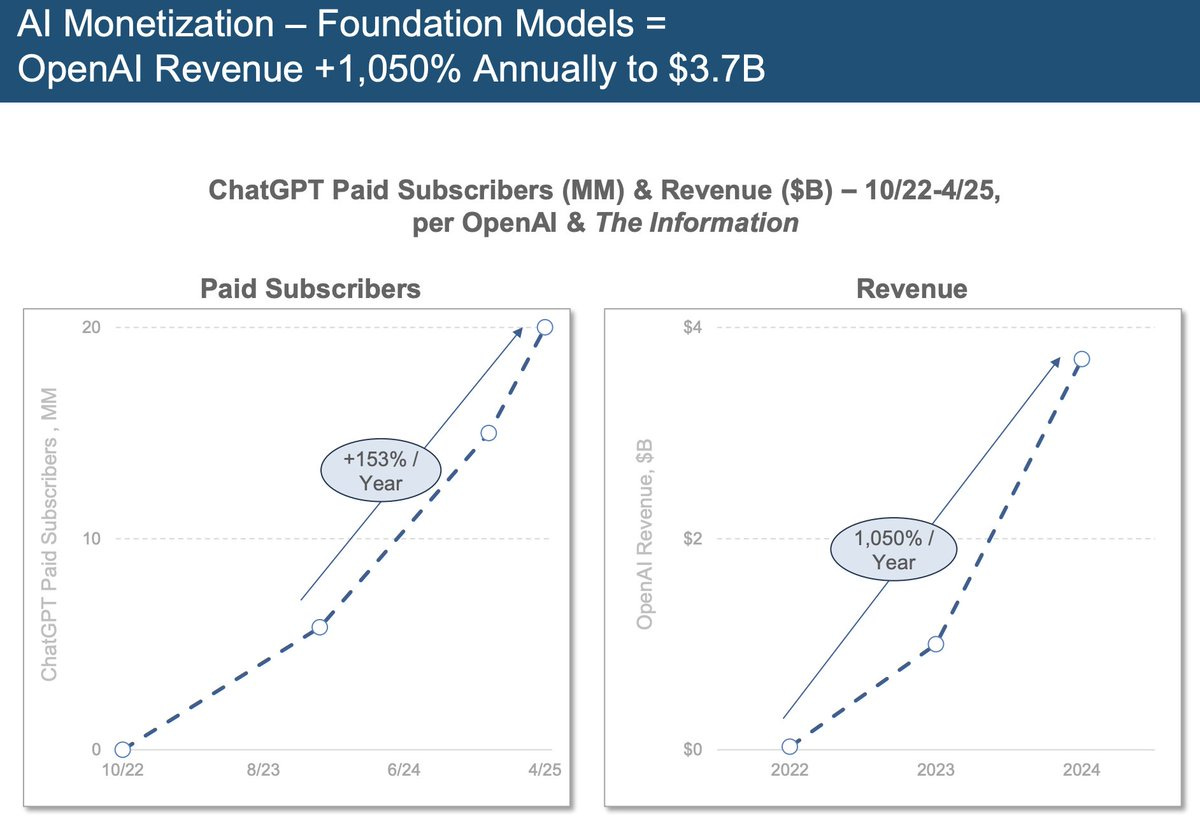
Your comparison to “Flowers for Algernon” is especially on-target.
I like your analysis, I stumbled here as I've just finished Flowers for Algernon and the comparison is very true.